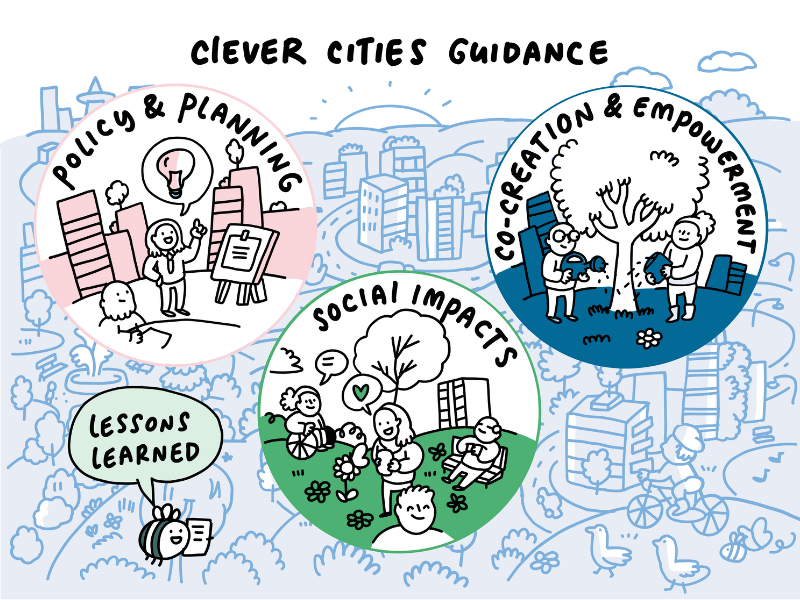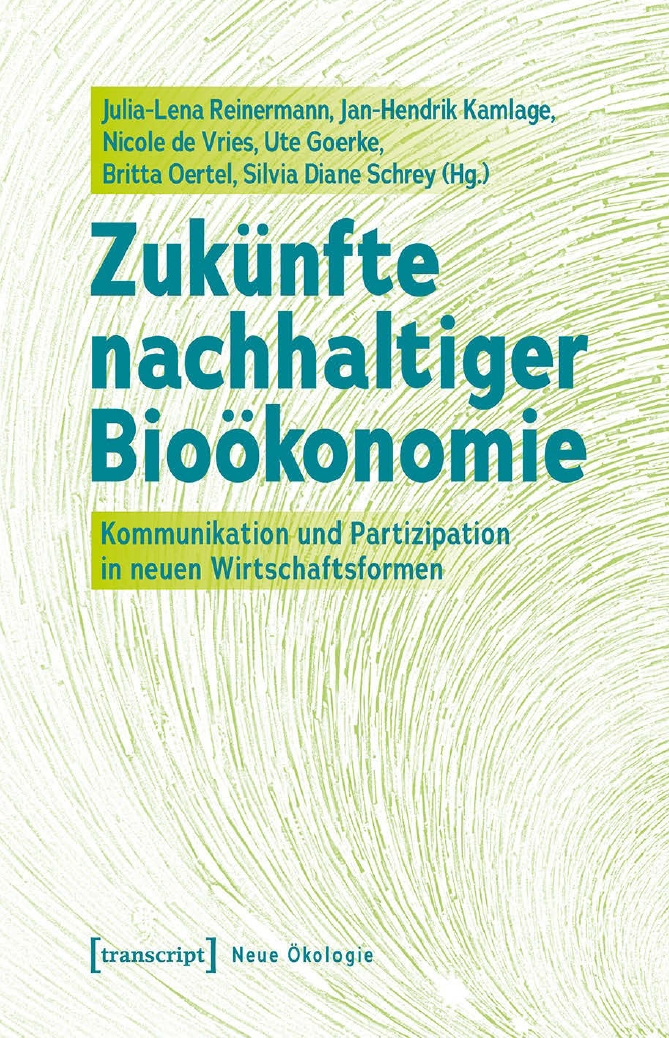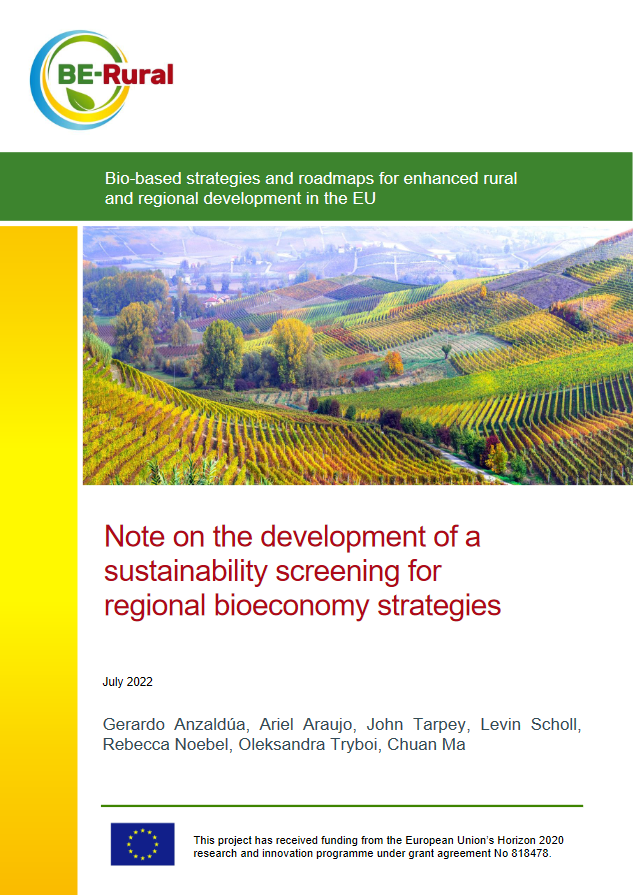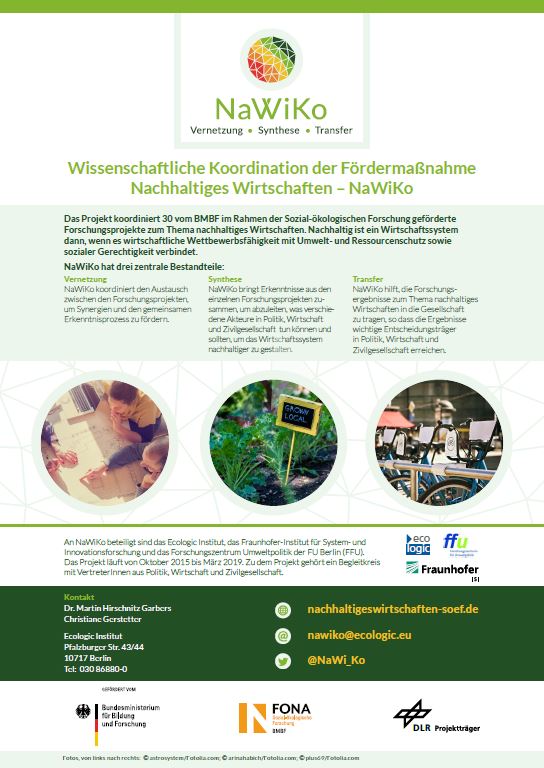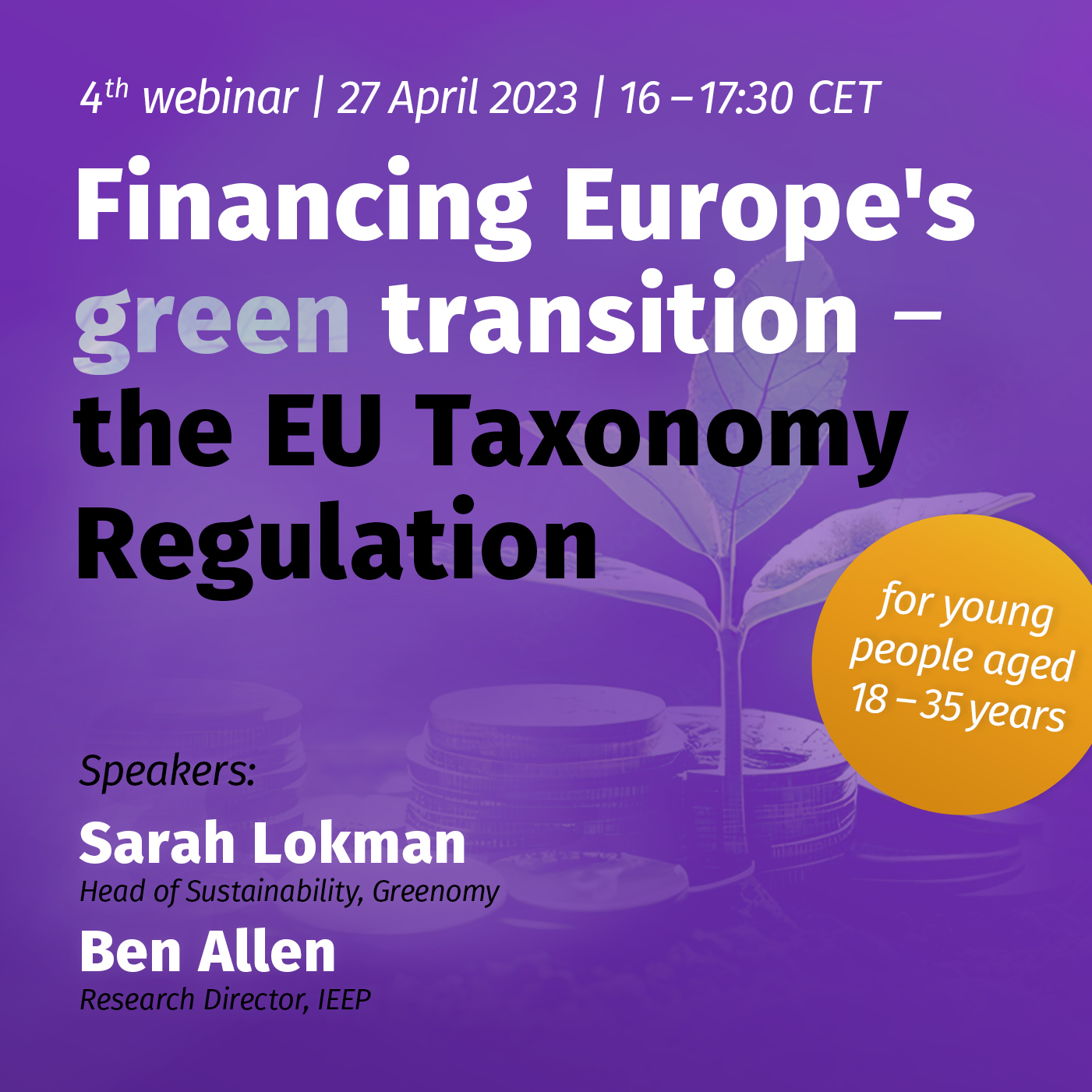© Andrew Downes, xposure
GoNaturePositive! Initiative Launched by International Research Project
- News
- Date
-
- Location
- Dublin, Ireland
An abalone aquaculture farm in the west of Ireland is one of over 500 nature-positive enterprises across Europe joining forces with researchers from Trinity College Dublin and Ecologic Institute in an international study investigating the challenges and benefits of a nature-positive economy.
The pilot study of the nature-positive potential of the blue economy in Ireland forms part of the GoNaturePositive! research project which was launched by Malcolm Noonan, Minister of State for Nature, Heritage and Electoral Reform, Ireland at an event in Trinity Business School on 6 March 2024.
The initiative, led by Trinity Business School, involves 20 partners across 14 countries and a network of global collaborators to accelerate awareness and transformative action towards a nature-positive economy among policy makers, investors, businesses and society at large. The research will lead to greater clarity on the concept of a nature-positive economy and provide guidance for businesses and policy makers on the priorities for transformation.
According to Siobhan McQuaid, Principal Investigator on the GoNaturePositive!:
“There is no doubt that the restoration of nature presents enormous economic opportunities. But how we set out to define and action the idea of a nature-positive economy is less clear. And what does a nature-positive economy mean on the ground for people, processors and farmers? The ambition of GoNaturePositive! is huge – to lead to a paradigm shift in economic thinking and practice away from the current spiral of planetary degradation and towards the new opportunities proposed by a nature-positive economy.”
Benjamin Kupilas, Ecologic Institute, added:
“We see the need to address the systemic policy and governance issues needed to bring us towards a nature-positive economy. We will therefore analyze the current context for systemic change by thoroughly mapping the nature-positive economy landscape, while taking into consideration policy, governance, public and social discourses, as well as financing. We are keen to engage with our partners, businesses, and pilots to jointly navigate this landscape together.”
Businesses are at the heart of this Horizon Europe-funded initiative. GoNaturePositive! collaborates with existing initiatives to provide clarity on the concept of a nature-positive economy, guidance and support for business transition and, very importantly, how to measure progress towards achieving it. GoNaturePositive! also works with nature-based enterprises that are nature-positive from the outset. These include regenerative ocean farming and marine farming businesses in Ireland; beekeeping in Colombia; agro-ecological farming in Belgium; carbon-neutral forestry and nature-positive tourism in Italy and green building enterprises throughout Europe. These pilots showcase real-world challenges and opportunities and demonstrate the measurable contribution of project interventions.
Cindy O’Brien is a marine biologist and owner of Abalone Chonamara Teoranta, one of the Irish nature-positive aquaculture businesses participating in the Irish pilot. “We are delighted to participate in this research. While there is much scientific evidence about the benefits of abalone, seaweed and other forms of mariculture for storing carbon, much less research is looking at new opportunities for growth and scaling. There is huge potential for seaweed to be integrated into biodegradable materials for the bioeconomy for example, as well as for food and biopharmaceutical ingredients. We need to start cultivating these raw materials, and we urgently need more research and financing to support the growth of these types of climate-resilient, nature-positive businesses.”
The event at Trinity Business School brought together business and environmental leaders from around the world to launch the process of shaping an inclusive EU definition of the nature positive economy and to initiate discussions on how such a definition can be integrated into future EU, national and local government policies and programs within the broader framework of the EU Green Deal.





